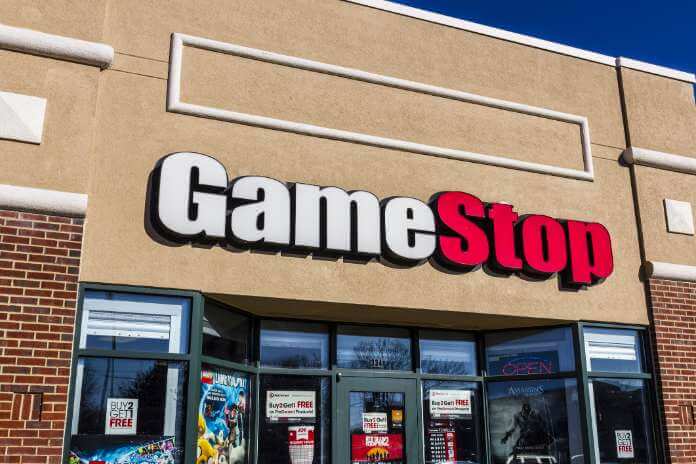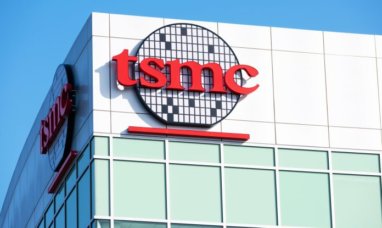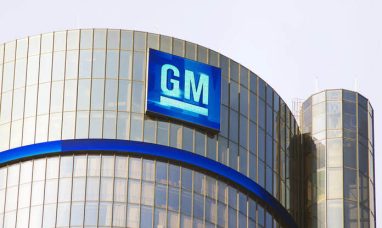With interest rates rising, the ancient adage “cash is king” is more pertinent than ever. We’ll look at what higher interest rates – and the possibility of a recession – may imply for GameStop stock (NYSE:GME).
Interest rate rises have a greater effect on highly indebted corporations. Those with lower debt burdens and more cash are less impacted. GameStop stocks’ (NYSE:GME) present cash position is strong, and it should safeguard the company in the event of a recession.
The Federal Reserve raises interest rates.
Once again raising interest rates, the Federal Reserve its most recent meeting on September 21st. The Fed hiked rates by 75 basis points, bringing the federal funds rate to a range of 3% to 3.25%.
Chairman Jerome Powell reaffirmed during a news conference that the Fed would do everything it takes to restore control of consumer pricing. In other words, the Fed will increase interest rates for as long as it takes to combat inflation.
The Central Bank anticipates that interest rates will average 4.6% before settling.
What Impact Will This Have on GameStop Stock?
The current cash position of GameStop Corporation Report is $908 million. This is a significant increase above the $570 million the business had on hand at the worst of the Covid epidemic.
GME’s cash reserves were enhanced by its $1.67 billion stock offering last year. Executives hoped to take advantage of the company’s exorbitant value and shore up its reserves.
With the new share offering, GameStop was able to pay off practically all of its existing debt while still keeping over $1 billion in cash.
Keep an eye on GameStop’s cash flow situation.
Even though GameStop is flush with cash at present, the corporation cannot afford to rest on its laurels.
Cash obtained via share issue is not the same as cash generated by the company’s activities. Unfortunately, GME’s most recent quarterly results have highlighted the company’s operating issues. According to the most recent quarter’s statistics, free cash flow (FCF) per share was -$2.88. The level there is the lowest in ten years.
GameStop utilized around $380 million in cash to fund operations last quarter. This is a 15% decrease from the previous quarter, but the situation has to improve much more.
At the present rate, and if everything else remains constant, GameStop might jeopardize its balance sheet and run out of cash as early as next year.
The good news is that many of the company’s problems creating operational cash flow seem to be caused by supply chain interruptions and external causes. In future quarters, these issues may improve, aiding in stabilizing cash burn.
Even though investor sentiment has substantially affected GameStop stock (NYSE:GME), trading activity, the firm’s success will eventually follow profit growth.
Featured Image – Megapixl © Jetcityimage
















